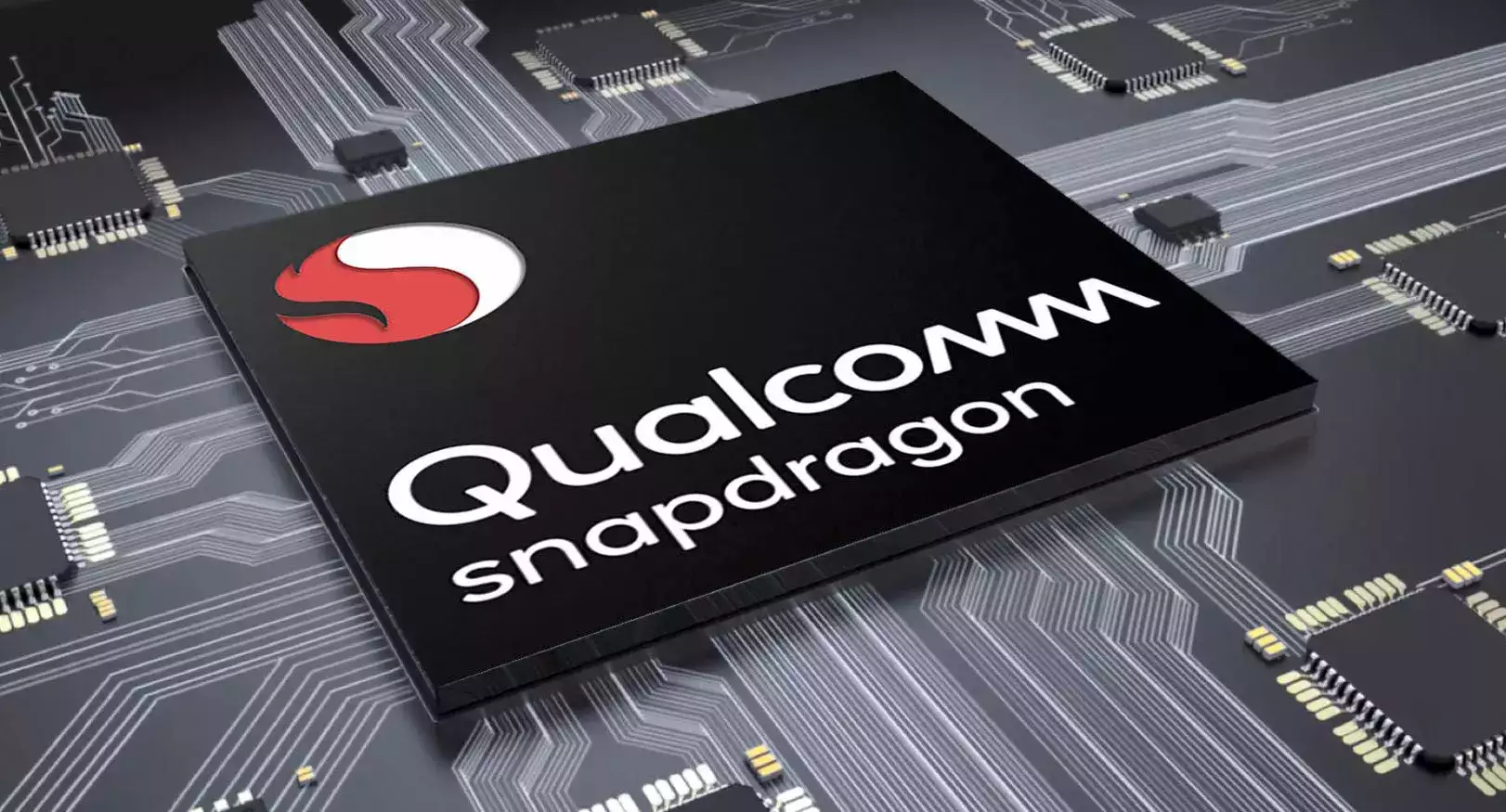Qualcomm's Snapdragon 7 Gen 4 is set to power the next generation of mid-range smartphones, bringing enhanced performance and a host of advanced features to a broader audience. Officially announced on May 16, 2025, this new chipset succeeds the Snapdragon 7 Gen 3, promising significant improvements across the board.
Performance and Architecture
The Snapdragon 7 Gen 4 is built on a 4nm process. It features an updated Kryo CPU with a 1+4+3 configuration: one prime core clocked at 2.8GHz, four performance cores at 2.4GHz, and three efficiency cores at 1.8GHz. Qualcomm claims this new architecture delivers a 27% increase in CPU performance compared to the Snapdragon 7 Gen 3.
The chipset also includes an Adreno GPU, which Qualcomm says provides a 30% boost in graphics rendering. Select Snapdragon Elite Gaming features, including the Adaptive Performance Engine 4.0, are integrated to optimize gameplay. This engine intelligently adjusts CPU and GPU settings to reduce stutter and improve power efficiency during demanding game scenes. The GPU supports HDR10, HDR10+, HDR Vivid, and HLG codecs.
AI Capabilities
A key highlight of the Snapdragon 7 Gen 4 is its enhanced AI capabilities. The updated Hexagon NPU (Neural Processing Unit) offers a 65% increase in AI performance, enabling on-device Gen AI assistants and allowing the chip to run large language models (LLMs) and Stable Diffusion 1.5 locally. The chip also brings AI-powered autofocus, auto white balance, and auto exposure for photos and videos, a first for the Snapdragon 7-series.
Camera and Multimedia
The Snapdragon 7 Gen 4 features a triple 12-bit Spectra ISP (Image Signal Processor). It supports up to 200MP still image capture and 10-bit photos and video recording. Video recording is supported up to 4K at 30FPS. Real-time 4K60 Video Super Resolution ensures clear videos even when zoomed in, and hardware-enabled electronic image stabilization (EIS) helps capture smooth photos and videos in motion.
Connectivity and Other Features
Connectivity options include sub-6 GHz 5G, Wi-Fi 7, and Bluetooth 6.0. The chip supports Qualcomm's aptX Lossless and aptX Adaptive audio codecs, as well as the Expanded Personal Area Network (XPAN). XPAN allows for seamless audio connectivity between devices and earbuds over Wi-Fi, even at a distance. The Snapdragon 7 Gen 4 also supports LPDDR5 RAM and UFS 4.0 storage. The USB-C port runs at USB 3.1 speeds.
Availability
Smartphones featuring the Snapdragon 7 Gen 4 are expected to be announced in the coming months by Honor, vivo and realme. There are reports that the Honor 400 and vivo S30 will be among the first devices to use this chipset.

















